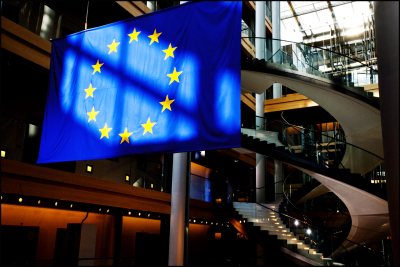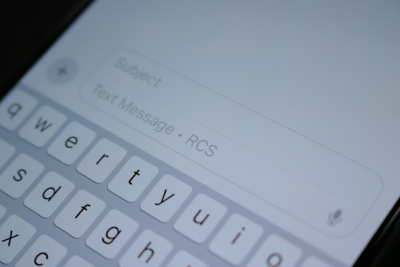In this third edition of our web series on tech lobbying, we have taken an in-depth look at the lobbying activities on 5G around the EU, this time focusing on the information published in France.
The French government is among a handful of EU member states walking a fine line between ensuring the safety of critical infrastructure and leaving the door open to Huawei’s 5G technology. The assumption being that carefully laid out plans will prevent the kind of full-scale trade war that the United States appears to be pursuing. The Chinese tech giant is not a passive by-stander while geopolitical tensions flare up around the world. Our previous research on the matter has shown that is particularly active in lobbying the EU institutions on it’s 5G ambitions in Europe. With France having introduced a lobby register in 2017, the opportunity is there for citizens to know the extent of its 5G lobbying activities. Despite being a significant advance among EU Member States, our research shows that that the French register needs to upgrade to the next generation of lobby transparency.
Huawei is the most active 5G lobbyist in France
Huawei’s entry on the site of the High-Authority for Transparency in Public Life (HATPV) shows that it spends between 100,000€ and 200,000€ lobbying the French authorities. However, unlike the European Commission, the responsibility of declaring lobbying activities rests with the lobbyists themselves, with a total of nine lobbying “activities” declared since 2017. Each activity comprises a series of meetings, transmission of documents and indirect contacts on a given subject. 78% of these concerned the deployment of 5G networks in France, valuable information that must be mitigated by the fact that it is only possible to know which policy level was targeted, not the exact public official. The Register also does not publish the contents documents related to the meetings. Huawei’s European competitors, Ericsson and Nokia, have a significantly lower lobbying footprint, with respectively five and three lobbying activities declared. 40% of Ericsson lobbying activities do explicitly concern the deployment of 5G technologies whereas Nokia only declares one lobbying activity on 5G.
Though in all three instances, the number of meetings, documents and indirect contacts could be much higher than what these numbers suggests. In the absence of individual counting, contrary to what is taking place at EU-level, exact comparisons are difficult. The situation in France appears nevertheless to closely mimic 5G lobbying in Brussels with the Chinese tech giant taking the top spot.
Upgrade needed for French lobby transparency
This is an unsurprising finding given that the French government is currently debating a so-called “Huawei” law that leaves the final decision to allow 5G equipment on the national territory in the hands of the Prime Minister. The underlying idea being that, without pin-pointing to a specific company, final authorisation will be taken at the highest possible level on national security considerations. Fortunately, the French register has “Prime Minister” as a lobbying target, leaving little room to the imagination. But the current rules render it impossible to hold other high-ranking officials such as cabinet members, MPs, Senators likely to be involved in the final decision to account. More timely publication of lobbying activities would also improve the monitoring potential of the French register. All three manufacturers are due to update their entries at the latest in March 2020, long after any meaningful decision on its 5G plans would’ve been taken.
With numerous French candidates in the 2019 EU elections pledging to uphold lobby transparency in Parliament, and the progress made at national level, future French MEPs are well positioned to take a leading role in next five years. The HATPV having expressed similar doubts on the limitations of the current national lobby regulation, opportunities for change are on the horizon. Together with our colleagues at Transparency France, we encourage French politicians and their peers at EU-level to take this matter seriously. With Huawei’s poised to be one example among many in the digital transformation of our societies, all must act to guarantee citizens full accountability of decisions taken on their behalf.






